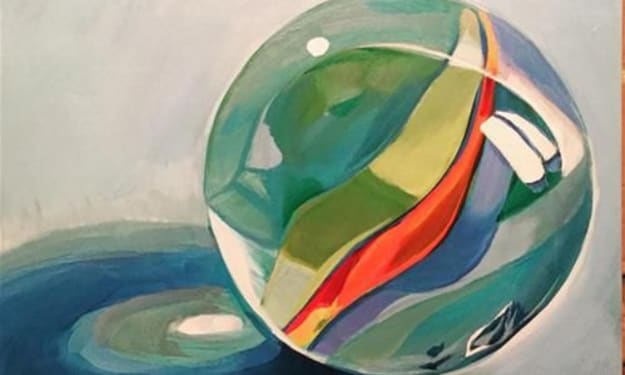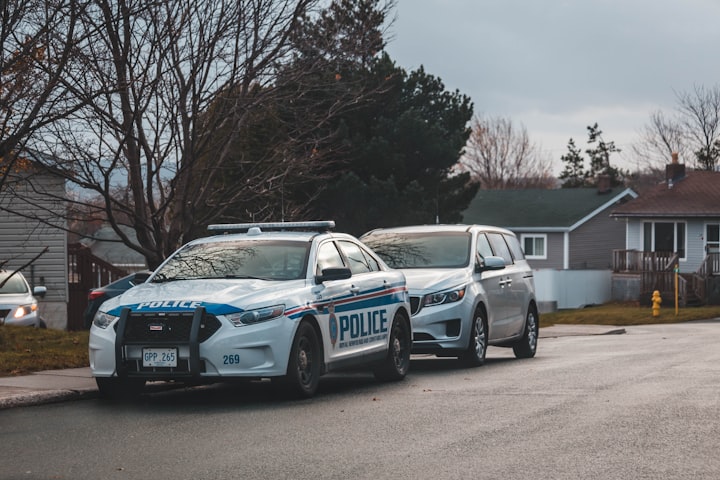
I.
After Covid-39, Americans have struggled to find mental healthcare and medication, but what if we could cure stress, anxiety, fear, and loneliness not through the mind, but through the heart?
Breakthrough research from a consortium of medical doctors and pharmaceutical executives has linked these disorders directly with the heart, validating the long-held assumption that the human heart is nothing more than an inefficient machine.
Fast-tracked to become available to all 100,000 Americans, Project Locket is a low-risk invasive heart procedure that addresses the root causes of stress, anxiety, and fear, eliminating them forever. The organic heart is replaced by this metal “locket” (enclosed) which is a fraction of the size, pumps 10x more blood annually, automatically optimizes oxygen levels, and, because of its unique metal compounds, is virtually frictionless and cleans itself.
Our ancestors turned to drugs and alcohol to escape reality, but what if we were able to create a new reality, one that doesn’t require destructive coping mechanisms to simply live?
The cursor beats rhythmically. “I’m here…I’m here…I’m here…” it reminds the page.
355 has been working in Project Locket’s Strategic Communications Department for three months. She got the job for two reasons:
1. Covid Mass Extinction (CME) reduced competition for roles that previously required an advanced degree and 10+ years of experience
2. She wrote well
Her first assignment was writing the insert letter for the 60th stimulus check mailing, scrupulously tracking the Return to Sender’s and balancing the department’s checkbook with uncashed checks after 30 days. She was immediately flagged as a high potential “creative” in the department and brought onto Project Locket. She’s been praised for her “fresh” energy. She’s come on board and up to speed quickly. She is by far the youngest person in the department.
Her third assignment is crafting the promotional insert above, which she’s just finished typing. We’ve caught her as she’s hit “return” three times, moving the cursor to a new, blank line. She shifts her gaze to the glossy poster on the wall opposite her desk.
Project Locket's mission statement, which was her second assignment, is evenly spaced across the top:
TO REPLACE THE ORGANIC HEARTS OF ALL 100,000 AMERICANS BY 2040
Circular bubbles scattered below contain the text of the reasons why:
Stabilize the population
Staunch the death toll
Eliminate heart disease
Cure emotional disorders
Stabilize, staunch, eliminate, cure. Her words. The more efficient future will be written and spoken in her voice.
As a member of Project Locket, she received her metal heart months ago. She turns it over in her palm when she thinks, her thumb tracing the number laser-etched into the back. No one goes by their given name anymore, she thinks, because every American has a numerical assignment 1 – 100,000 which is so much more efficient. And isn’t it better to be efficient? If you could save time, wouldn’t you? If you could do more with that unused time, wouldn’t you? If you could have a perfect beating heart forever, wouldn’t you?
Or is it because a given name is a reminder of those who gave it to you?
The office door opens suddenly, like a gasp, which causes her grip to tighten around her metal heart. She learned once that cold objects warm themselves by drawing heat from other places.
“Done yours?” rings a voice, asking a question but sounding like a command.
Letting the warmth drain out of her voice, “Tomorrow.”
He runs a finger over his chest where the incision must be, inviting a question that she doesn’t ask, and so hurriedly says, “Past time. The campaign goes out tomorrow. We lead the way at Project Locket. We set the example. We are the future.”
The door closes as quickly as it opened. After a few seconds, she pulls her gaze back to the screen, where the cursor is still beating against the white void of the page.
II.
On the subway ride home, she fixes her face into an expressionless mask and thinks about her family. The subway, shunting along noisily, allows her a story in which she is on her way to them. The black windows and flickering streetlights create a reel of film. For as long as the subway is moving, she can slip into the delusion.
She turns the metal heart over in her palm and thinks about her grandmother, a redhead who dyed her hair long after she had gone white and died of a stroke in the heat of a summer a long time ago. She and her mother were by her side and helped her die. It was slow, it was painful, it was a trauma to each of the senses. Her grandmother in turn helped them all die. Her mother got Covid on the return trip and gave it to her father who gave it to her sister and they each died, one by one. It was silent, it was sterile, and when the Facetime ended, it was over.
Tomorrow she will still remember them, but not feel anything about them.
Her subway stop chimes, the doors are thrown apart with invisible hands, and she disembarks the empty car onto the empty platform down to the empty street where her story dissolves into the night. She hasn’t arrived in a new place, she never does. No one is waiting for her, they never are. She’s alone in front of her apartment door.
But stepping through her apartment door, she tells herself another story. In 1939 people went to the movies and saw The Wizard of Oz in Technicolor for the very first time. What a clever idea, to start Dorothy in sepia-toned Kansas and have her step out into the vibrancy of Oz! What a shock to the senses! They must have been wide-eyed, they must have gasped, maybe they cried or laughed with unexpected joy. She imagines herself stepping into her apartment into Oz.
Inside, there are warbly old records and stacks of paperback books. There are pens and paper for writing. There are candles and matches for making light. There are colors, a rusty orange rug, a mint toaster, golden frames. Inside the golden frames, which cover every inch of wall, there are Impressionist paintings with titles that mean less and less as the years go by, “Meadow with Poplars”, “Garden at Sainte-Adresse”, “The Waterlily Pond, Green Harmony”.
Tomorrow these records, books, and paintings will still be here, but they won’t mean anything.
She dumps the contents of her pockets, including the metal heart, onto the coffee table and goes straight to the fridge. Rearranging the water and the orange juice, she pulls forward a bottle of champagne from the back with a gift tag still on, which she hastily unties and throws away.
She sits on the right side of her faded leather couch for a long time watching the champagne bottle gathering condensation. She thinks of everything, and the sudden thinking of everything unleashes a ferocity of emotions and tears. The red hair of her grandmother, the blue eyes of her mother, the laugh of her father and sister, so alike, the gift tag from the champagne bottle, inscribed with initials A & C that no longer mean anything, surge up from hidden places.
Is it better to feel nothing together or everything alone?
Tomorrow the question will be answered, but the answer won’t matter anymore.
Her heart rebels.
Even soldiers going to battle don't face tomorrow alone, drink alone, die alone.
Oh, what it would’ve been like to have seen a movie in color for the first time! To have tasted champagne and thought you were tasting the stars. Imagine growing old. Or spending your life painting water lilies because you love them.
Without your suffering given to you by your grandmother, and mother, father, sister, and C what will you have? Without your beating, pleading, heart –
"I’m here, I’m here, I’m here!”
The reverberation of this exclamation lingers in the air among the old and dusty things for a moment, then fades into a familiar silence.
No one answers. Who would?






Comments
There are no comments for this story
Be the first to respond and start the conversation.